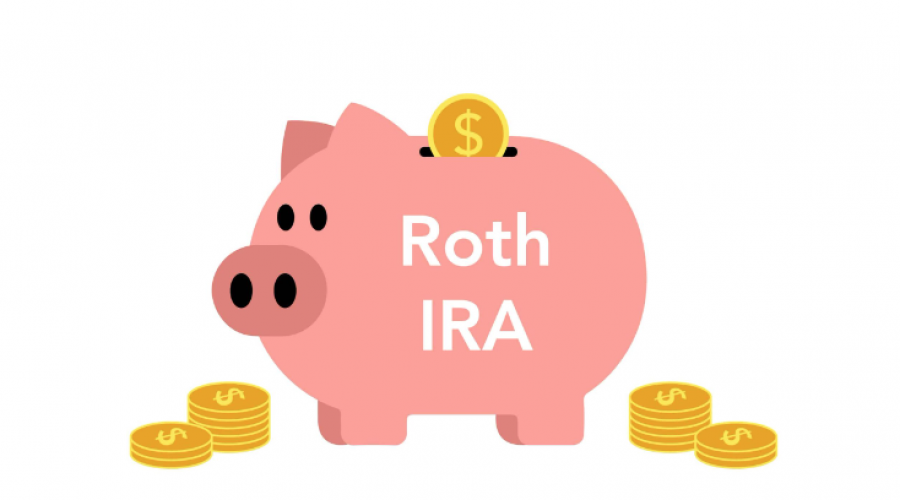A Roth conversion is a process in which an individual converts funds from a traditional individual retirement account (IRA) or 401(k) plan into a Roth IRA. This type of conversion can be a powerful tool for retirement savings, as it allows individuals to pay taxes on their contributions up front in exchange for tax-free growth and withdrawals in the future.
The main advantage of a Roth conversion is that, unlike traditional IRAs and 401(k) plans, Roth IRAs are not subject to required minimum distributions (RMDs) during the account owner’s lifetime. This means that, as long as the account owner is alive, they can leave their money in the Roth IRA to continue to grow tax-free. In contrast, traditional IRAs and 401(k) plans are subject to RMDs, which can result in forced withdrawals and potential tax liabilities.
Another benefit of a Roth conversion is that it can provide individuals with greater flexibility in retirement. With a traditional IRA or 401(k) plan, individuals are required to take RMDs starting at age 72 (70½ if born before July 1, 1949). This can be a problem for individuals who don’t need the money for retirement expenses or who want to leave their savings to their heirs. With a Roth IRA, on the other hand, there are no RMDs, so individuals can leave their savings in the account for as long as they want.
A Roth conversion can also provide a way for individuals to save on taxes in retirement. With a traditional IRA or 401(k) plan, contributions are made on a pre-tax basis, which means that they are taxed at the individual’s marginal tax rate when they are withdrawn in retirement. In contrast, contributions to a Roth IRA are made on an after-tax basis, which means that they are not taxed when they are withdrawn in retirement. This can be a significant advantage for individuals who expect to be in a higher tax bracket in retirement than they are currently.
Of course, there are also some potential drawbacks to consider with a Roth conversion. The most obvious is that, since the funds being converted are taxed at the individual’s marginal tax rate, a Roth conversion can result in a significant tax liability. This can be especially problematic for individuals who have large balances in their traditional IRAs or 401(k) plans. In addition, there are income limits for Roth conversions, which means that high-income individuals may not be eligible to convert their funds to a Roth IRA.
In conclusion, a Roth conversion can be a powerful tool for retirement savings, as it allows individuals to pay taxes on their contributions up front in exchange for tax-free growth and withdrawals in the future. However, it’s important to carefully evaluate your own situation before deciding whether a Roth conversion is right for you. As with any financial decision, it’s always a good idea to consult with a financial advisor before making a decision.
